Singapore migrant workers are still living in Covid lockdown
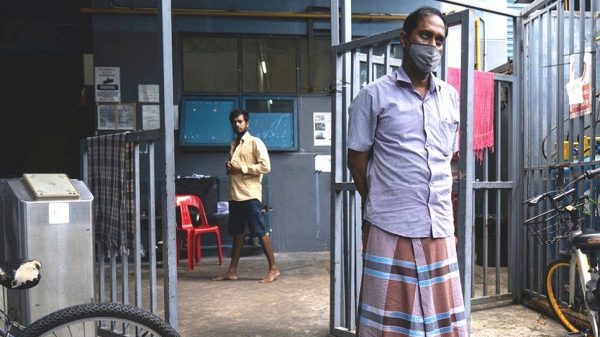
Shawdesh Desk:
In 2020 Singapore was hit by a series of coronavirus outbreaks, centred around dormitories where thousands of migrant workers live. Cases have dropped significantly, but most of the men are still not permitted to leave except to go to work. It is one of the longest periods of Covid confinement faced by anyone anywhere in the world.
“This is prison life. This is a captive’s life.”
Sharif came to Singapore in 2008. At the time, his wife was pregnant and the bookstore he ran in Bangladesh had gone bankrupt.
Over the past 13 years he made a life for himself here, but since early 2020 all he has known are the four walls of his dormitory and the construction site where he works.
He and nearly 300,000 others are banned from mixing with the general public. Last week, Singapore’s government said it would allow a handful of workers to go out in a “pilot scheme”.
“I appreciate the experiment,” he says. “But I can’t express much joy at this news. Workers are only allowed to go to a certain place for a fixed time.”
Sharif was not one of those selected for the scheme. Sitting on the back of the lorry that takes him to work, he often catches glimpses of the city and its people, who have never been subject to the same restrictions.
“When I see everybody outside, looking happy, it’s very painful for me,” he told the BBC on a video call.
“They are eating out, going shopping, meeting their friends. And I think, ‘why is that not me? Did I make this coronavirus?'”
Most of his spare time he spends lying on the top bunk of his bed, either talking to his family or writing prose and poetry – both in English and Bengali.
He says night time is when things are most difficult. Men often wander the corridors or try to sleep outside on the ground.
“I lie in my bed and sleep won’t come. How can I sleep? I need fresh light, I need fresh oxygen,” he says.
‘Are we animals?’
On the first day of the pilot scheme, the BBC was invited to Singapore’s Little India neighbourhood.
Fifty workers were allowed to spend four hours out of their dormitories unsupervised.
A spokesman for the Ministry of Manpower (MOM) called it a “milestone”.
At one of Singapore’s main Hindu temples, two men were presented to journalists.
One of them, Packrisamy Muruganantham from India, told those assembled that he was “very happy to be out” and “very grateful to the Singapore government and to the MOM for taking care of us”.
Since the start of the pandemic, Singapore has reported 58 deaths out of a population of 5.7 million.
The country’s success in suppressing the virus has afforded Singaporeans long periods of freedom over the past year and a half.
But even when restrictions were at their toughest and the country was locked down, no healthy person in Singapore was ever banned from leaving their home.
Socially-distanced exercise, for example, was encouraged. But not for those in the dormitories.
“The communal living and working conditions of migrant workers in dorms put them at higher risk of infection and the formation of large clusters,” Singapore’s Manpower Minister Dr Tan See Leng said in February.
Dr Tan declined an interview with the BBC, but in a statement a Ministry of Manpower (MOM) spokesperson said the policy of keeping workers in their dormitories was “to protect the health of our migrant workers and to mitigate the risk of further transmission”.
For Sharif, it feels more like he is being punished rather than protected.
“Everybody in the community is allowed out. All these people are expected to follow the social distancing rules, but they think we cannot do this also,” he says.
“When I see a law only for migrant workers I think, ‘Are we not human? Or are we animals? Do we not understand anything? Are we so uneducated?'”
A wake-up call
The men in the dormitories – mostly from South Asian countries – do vital manual work here.
They build the country’s roads, bridges and apartments. In return, they are able to send back good money to their families.
Tasrif – also from Bangladesh – arrived in 2017. He is 25, earns less than $750 (S$1000; £400) a month and maintains air conditioning units.
He spent around $7,500 in agency fees to come to Singapore.
“We are working tirelessly for the country,” he says. “We’re making everything, we’re doing everything for you guys.”
“We are human beings just like you, like everyone in the community. We want our dignity back.”
But life in the dormitory typically means sharing a room with up to 30 people and dividing your bathroom, cooking and recreational space with hundreds more.
These conditions led to major Covid-19 outbreaks in dormitories back in March 2020. Big clusters meant Singapore went from being almost untouched by the virus to announcing an island-wide shutdown for two months.
It prompted Tommy Koh, a former Singaporean ambassador to the UN, to rebuke the government recently.
“We should use this as a wake up call,” said Mr Koh. “To treat our indispensable foreign workers like a first world country should and not in the disgraceful way in which they are treated now.”
But Singapore’s government has always been open about separating dormitory residents from everyone else in the country.
They hold a different visa, work under different labour laws and the authorities do not pretend that these men have the same rights as other foreigners who do the white collar jobs in the city.
Even official daily case numbers for Covid-19 are split into three categories: “Imported”, “Dormitory residents” and “Community”.
“Community” means everyone , apart from those living in a dormitory.
The figures are stark. As of 16 September, migrant workers accounted for 74% of all recorded cases. For context, the workers make up just 5% of Singapore’s total population.
Last year several media outlets reported on a spate of suicides and attempted suicides in the dormitories.
When asked by the BBC about the current situation, the MOM declined to provide any details.
Instead, they said they were “always mindful and conscious of the need to better support the mental wellbeing of our migrant workers” and that they offer counselling services and a helpline for those who need it.
Professor Jeremy Lim, director of global health at the Saw Swee Hock School of Public Health at the National University of Singapore, says denying workers their freedom has few public health benefits at the moment.
“I would say that the Covid-19 concerns are massively overblown.
“They are vaccinated, they are familiar with safe distancing, they wear masks. So what more can we do?
“Speaking as a public health professional, we have to recognise there are limits. Right now is the time to focus on these workers’ mental health because they are really, really struggling at the moment.”


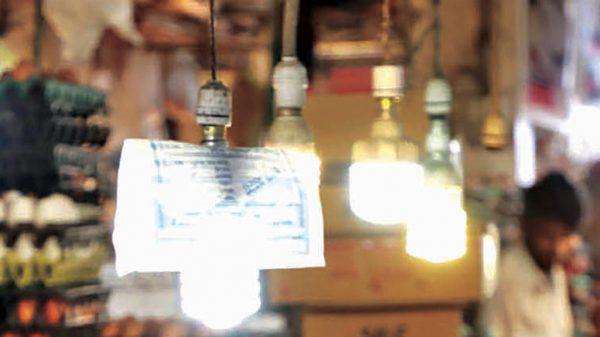
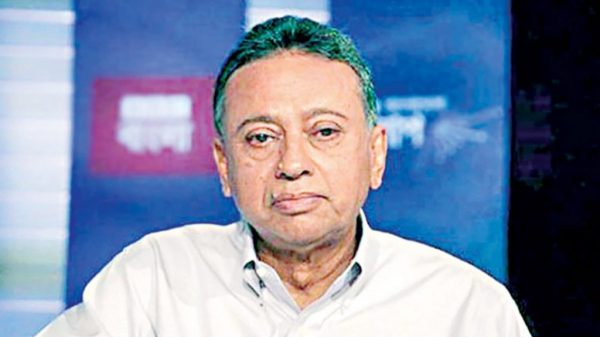
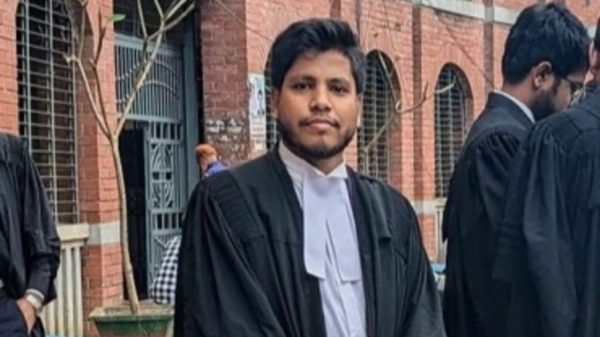




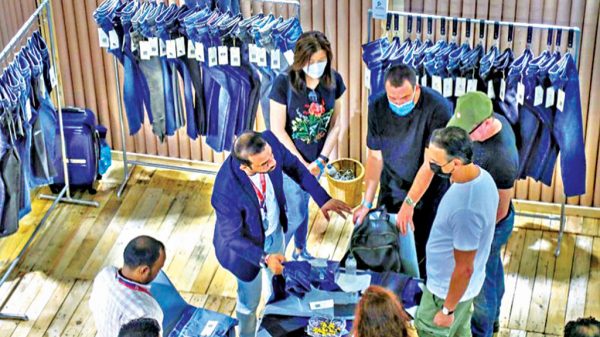













Leave a Reply